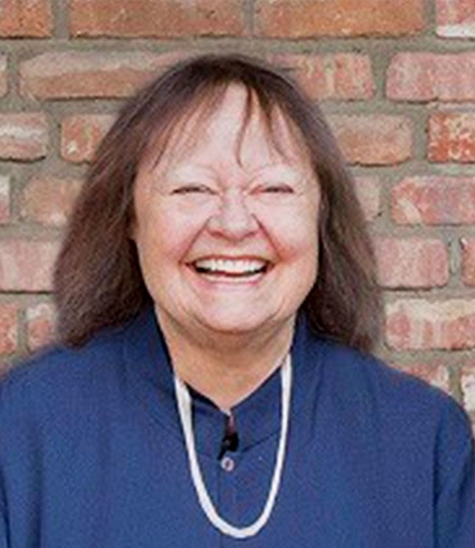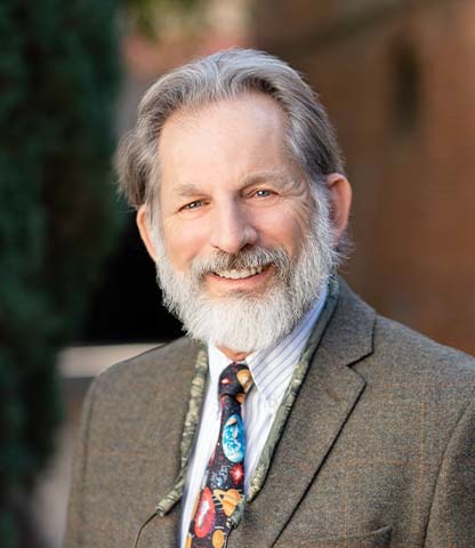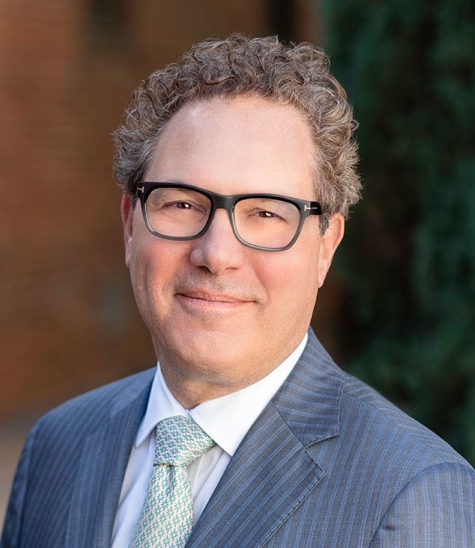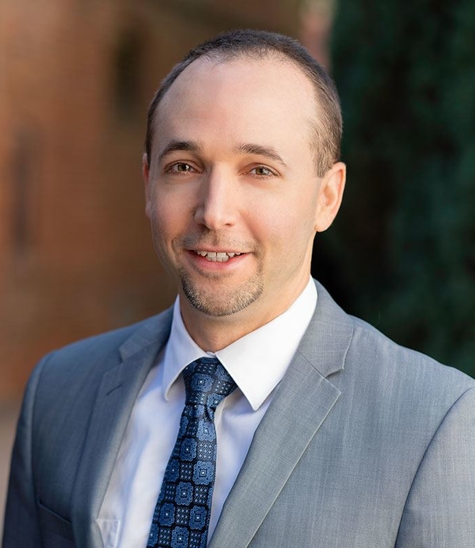
Guantánamo Bay
HSRR currently represents Obaidullah, an Afghan national who alleges he has been wrongfully accused by the U.S. government of being a member of al-Qaida and receiving military training from the Taliban. Obaidullah was seized in Afghanistan by coalition and U.S. military forces in July 2002 and was initially detained for several months at Bagram Air Base. Since that time, he has been held at the Naval Detention Center at Guantánamo Bay, Cuba, by the United States.
Following more than six years in custody without an adversarial proceeding on the merits of the government’s allegations, the government filed charges against Obaidullah on Sept. 9, 2008. His case subsequently stayed pending the Obama administration’s review of all Guantánamo detainees’ cases. HSRR successfully moved to lift the stay so that his habeas case would proceed. A merits hearing was held in his case in September and October of 2010. He has now been imprisoned for more than a decade.
Dan Stormer and Cindy Pánuco have made several trips to Guantánamo Bay to meet with our client. The firm is co-counseling the case with the University of Texas National Security Clinic and the Center for Constitutional Rights.
Click here to see an exhaustive study by journalist Andy Worthington, who has been detailing the stories of each of the 779 prisoners held at Guantánamo since it opened in 2002.
April 12, 2010 — Protestors demand Guantanamo closure on facility’s eighth anniversary: On the eighth anniversary of the Guantanamo Bay prison, activists dressed in prison suits took to the streets of Washington demanding closure of the facility — something that President Obama promised to do a year ago.
June 2010 — The Court of Appeal for the DC Circuit, reversed the United States District Court for the District of Columbia’s denial of a motion to lift the stay on Obaidullah’s (HSRR’s client) habeas petition, and remanded to the district court. Following the lifting of the stay, the district court immediately set the merits hearing for a date just a couple of months later at the end of September.
August and September 2010 — Dan Stormer and Cindy Pánuco made HSRR’s fifth and sixth trips to Guantánamo Bay to meet with Obaidullah and prepare for a merits hearing in his case.
September 2010 — Attorneys Dan Stormer, Radhika Sainath, and Cindy Pánuco, drafted and submitted a brief (traverse) opposing the U.S. government’s continued indefinite detention of Obaidullah, with the assistance of HSRR’s co-counsel at the University of Texas National Security Project. At the end of September 2010, soon after the filing of the traverse, a merits hearing was held before Judge Richard Leon, in the United States District Court for the District of Columbia. After over eight years of detention, the U.S. government was finally required to present to the judge the evidence on which it is relying to detain Obaidullah in order for the judge to determine whether it has that right. The majority of the two-day hearing was closed to the public as the government presented “classified” evidence in support of its continued detention of Obaidullah. HSRR’s Dan Stormer, and Cindy Pánuco represented Obaidullah at the hearing on September 30 and October 1, 2010, and challenged the government’s evidence.
October 19, 2010 — During a hearing open to the public, U.S. District Court Judge Richard Leon, announced his unclassified decision to deny Obaidullah’s petition for a writ of habeas corpus.
December 2010 — HSRR filed a motion for reconsideration which was denied by the United States District Court.
January 2012 — HSRR’s attorneys speak at a National Day of Protest to Close the Prison at Guantanamo Bay.
April 2012 — HSRR appealed the motion for reconsideration to the United States District Court of Appeals, which denied it as well.
February 2013 — Detainees began a widespread hunger strike to protest their detention and mistreatment (CBS article).
HSRR filed a petition for a writ of certiorari in the United States Supreme Court.
March — April 2013 — After visiting the prison, Cindy Pánuco was interviewed about the ongoing hunger strike by Russia Today (video here,) and Al Jazeera (video here).
May 23, 2013 — President Obama delivered a speech in which he re-affirmed his intent to close the prison and called on Congress to lift restrictions on the transfer of detainees. He also pledged to appoint new envoys to oversee transfers and lifted the moratorium on transfers to Yemen, which he had previously imposed.
June 26, 2013 — The Supreme Court denies Obaidullah’s petition for certiorari.
July 3, 2013 — The Working Group on Arbitrary Detention released a ruling on Obaidullah confirming that his detention violates human rights standards and that he should be released. The Working Group is a U.N. body, composed of five independent human rights experts, that considers individual cases of detention and renders decisions as to whether there have been violations of international human rights laws.
July 8, 2013 — Musician Yasiin Bey (formerly Mos Def) submits himself to force-feeding as described by GTMO’s standard practices. In a matter of minutes he tears up and pleads for it to stop.
July 11, 2013 — Agreeing with attorneys for detainees, a federal judge orders a halt on the genital searches of detainees, calling them culturally “abhorrent.”
July 17, 2013 — Following an appeal from the Obama administration, a three-judge panel reinstates the searches.
July 19, 2013 — Habeas attorneys received notice of upcoming Periodic Review Board hearings to “review the continued detention of certain detainees to assess whether continued law of war detention is necessary to protect against a continuing significant threat to the security of the United States”. The hearings were required by an executive order which President Obama signed in March of 2011.
July 22, 2013 — Obaidullah marks the 12th year since his capture.
July 25, 2013 — Amnesty international releases a comprehensive report on Obaidullah.
Let Us Fight For You!
-
 Barbara Hadsell Partner
Barbara Hadsell Partner -
 Dan Stormer Partner
Dan Stormer Partner -
 Randy Renick Partner
Randy Renick Partner -
 Cornelia Ho-Chin Dai Partner
Cornelia Ho-Chin Dai Partner -
 Isela Barrios Partner (Legal Fund)
Isela Barrios Partner (Legal Fund) -
 Denise Ballesteros Attorney (Legal Fund)
Denise Ballesteros Attorney (Legal Fund) -
 Rebecca Brown Attorney
Rebecca Brown Attorney -
 Sarah Cayer Attorney
Sarah Cayer Attorney -
 Hanna Chandoo Partner
Hanna Chandoo Partner -
 Valeria De Gonzalez Partner (Legal Fund)
Valeria De Gonzalez Partner (Legal Fund) -
 Nancy Hanna Partner (Legal Fund)
Nancy Hanna Partner (Legal Fund) -
 Brian Olney Partner
Brian Olney Partner -
 Morgan Ricketts Partner
Morgan Ricketts Partner -
 David Clay Washington Partner
David Clay Washington Partner -
 Kate McFarlane Associate Attorney
Kate McFarlane Associate Attorney
Contact Us Today
Call Hadsell Stormer Renick & Dai LLP at (626) 775-7870 or fill out the form below.

















